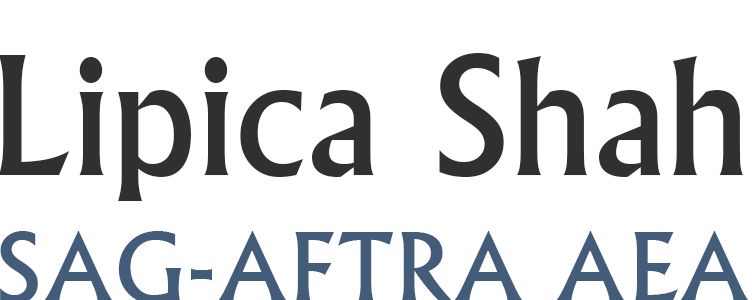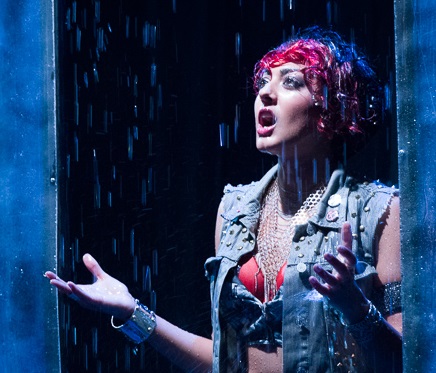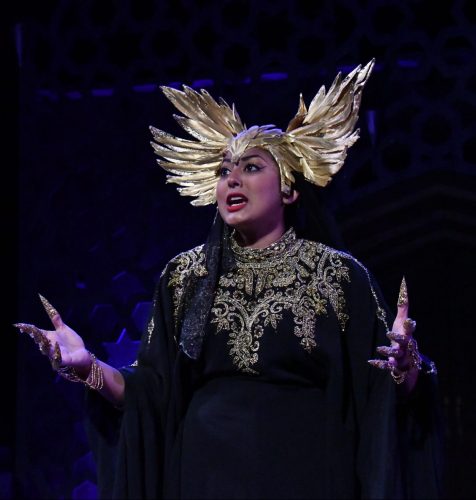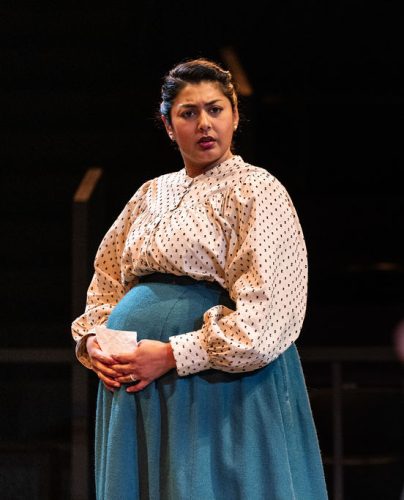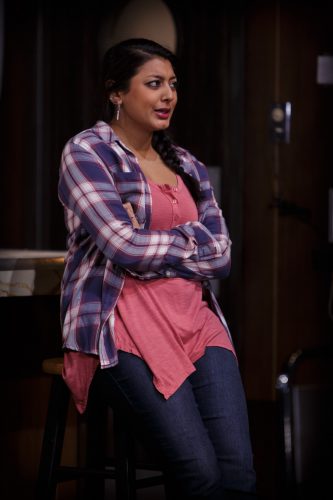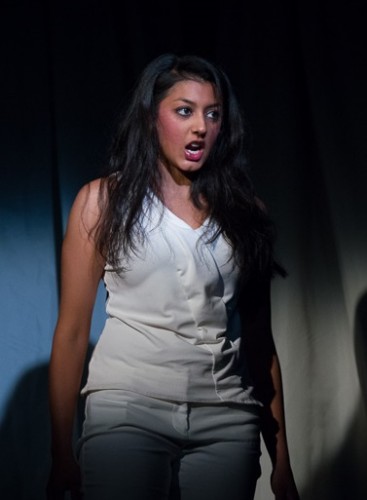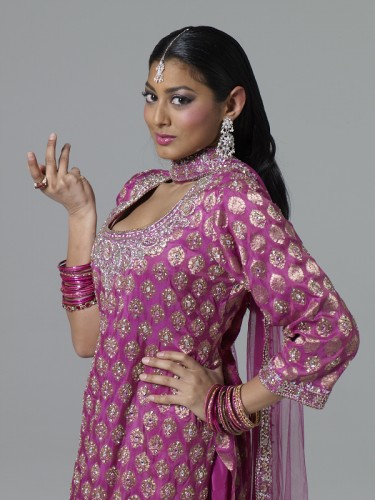Advocacy
ˈad-və-kə-sē – the act of supporting, defending, or maintaining a cause or proposal
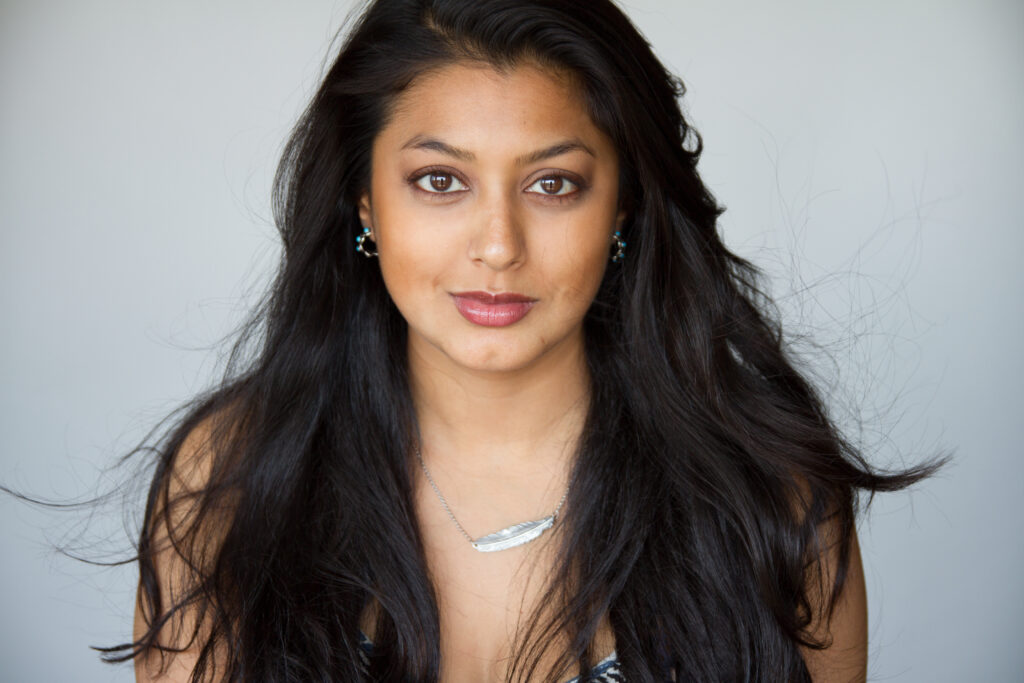 In 2022 I wrote a newsletter calling myself an actor-advocate for the first time. It came at the end of a year that really crystallized the kind of actor I want to be, the types of stories I am interested in telling and seeing, and the ways in which I am committed to trying to change the status quo in my industry. Growing up, I didn’t see myself on stage or screen; the few times I did featured characters who were stereotypical, two-dimensional, or cartoons, and not like ME at all. I learned early on that one of the powers of representation is that when you don’t see yourself in the mainstream, you start to internalize feelings of not belonging, of being different, of not being worthy of recognition, affection, success, and so many other things. Over the course of my career thus far, I have also learned that I am tired of feeling those feelings.
In 2022 I wrote a newsletter calling myself an actor-advocate for the first time. It came at the end of a year that really crystallized the kind of actor I want to be, the types of stories I am interested in telling and seeing, and the ways in which I am committed to trying to change the status quo in my industry. Growing up, I didn’t see myself on stage or screen; the few times I did featured characters who were stereotypical, two-dimensional, or cartoons, and not like ME at all. I learned early on that one of the powers of representation is that when you don’t see yourself in the mainstream, you start to internalize feelings of not belonging, of being different, of not being worthy of recognition, affection, success, and so many other things. Over the course of my career thus far, I have also learned that I am tired of feeling those feelings.
2022 may have been the first year I claimed the term “advocate” for myself, but my desire to ACT – in every sense of the word – has been lifelong. Maybe because I grew up the oldest child of immigrants. Maybe because I’ve been a Girl Scout since I was 5. Maybe because I’m just really bad at sitting still. Who knows! What I do know is that change doesn’t just happen; people, organizations, institutions have to demand it. I am proud to loudly demand change in my industry – inclusion, representation, visibility, and authenticity – in the choices I make as an actor and through two additional avenues: 1497 and AAPAC. More about that work below.
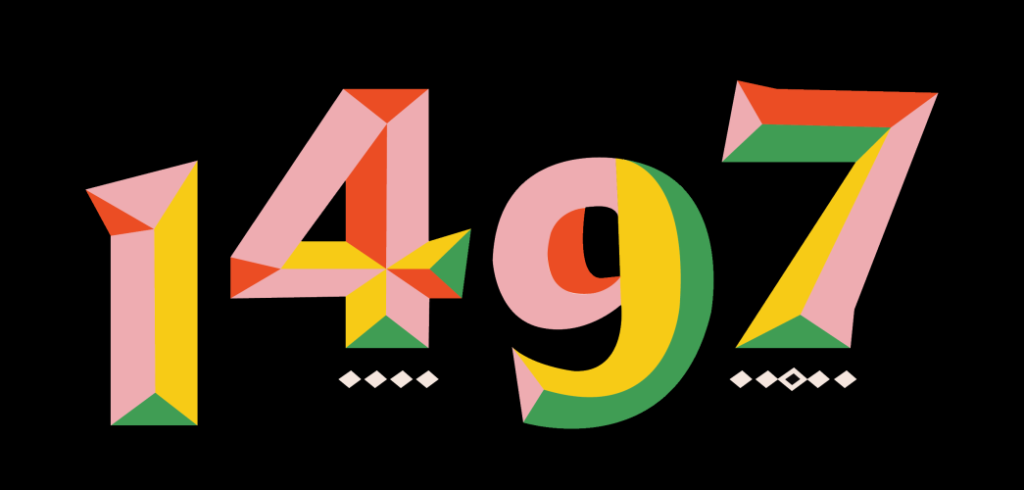
I co-founded 1497 alongside longtime friends Adeel Ahmed and Kamran Khan in 2020. The world was dealing with a global health crisis, I was gainfully unemployed and trying to heal from my own bout with the original strain of COVID-19, and we decided to take action on an idea we’d been tossing about for a while. The three of us had been part of community groups that fostered connection amongst South Asian creatives, and we had come to feel that while community is important – vital! – community by itself it is not enough to hold our industry accountable and advance careers. We wanted to DO something that could move the needle in terms of the quantity and quality of South Asian stories being told.
1497 is a 501(c)3 nonprofit committed to supporting and uplifting talent of South Asian descent to challenge their historical exclusion from and underrepresentation in the American film and television industry. Our name signifies the year before colonization began in the area now known as “South Asia,” and the 8 solid diamonds in our logo represent the 8 countries generally recognized as comprising the region – Afghanistan, Bangladesh, Bhutan, India, Maldives, Nepal, Pakistan, and Sri Lanka (the 9th diamond outline represents our acknowledgement that geographical definitions are inherently political, and that in many cases they are drawn as the result of conflict by those who colonized and occupied South Asia). We have three intentional aims: to expand The West’s definition of South Asia (it’s not synonymous with India!); to provide creatives in our community with access to resources, support, mentorship, and other connections to further their careers; and to celebrate and highlight our community’s achievements without disparaging or excluding other communities. For too long, the scarcity model has led people of the global majority to believe that we need to be in competition with each other for one seat at the table, when what we really need is to demand a bigger table – or make the table bigger ourselves.
Visit our website to learn about our signature impact program, the annual 1497 Features Lab. It is designed to elevate and develop screenplays by writers who will further our mission to change South Asian representation in the American entertainment market, while providing mentorship, professional development, and career support. Check out the recap reel of our third annual 1497 South Asian Lodge (featuring programming at the intersection of art and advocacy) at the 2025 Sundance Film Festival – we are so proud to be their first South Asian partner. We have big dreams to launch additional impact programs as we grow and secure additional funding streams. We welcome donations of all amounts to help us continue our work!
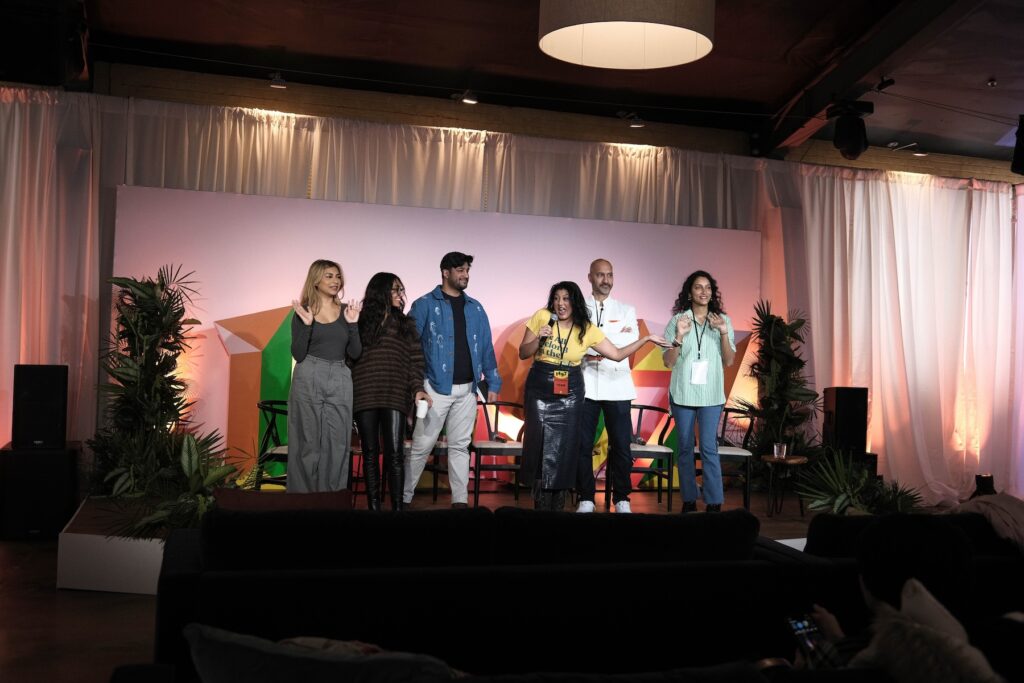
Team 1497 welcoming everyone to the 2nd annual 1497 South Asian Lodge at the 2024 Sundance Film Festival. Photo: Sarowar Ahmed & Jarell Mique
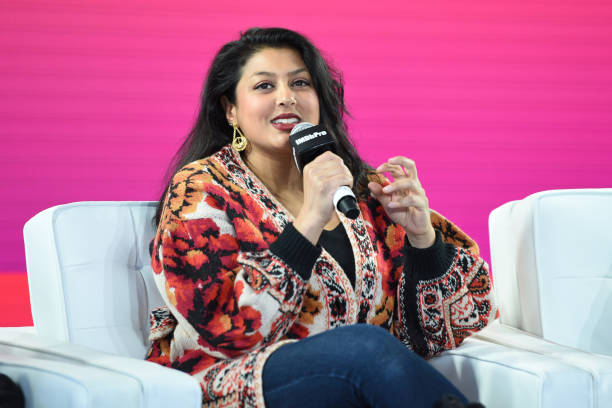
Repping Team 1497 on IMDbPro and Prime Video’s “Intentionally Intersectional” panel at the 2024 Sundance Film Festival. Photo: Vivien Killilea/Getty Images
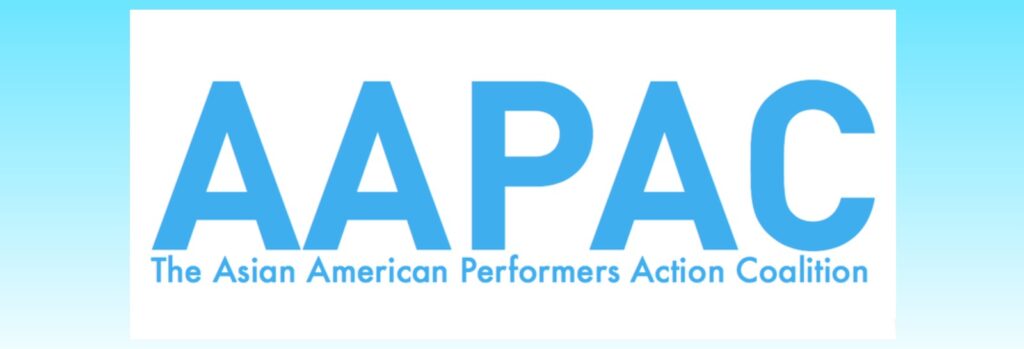
The mission of AAPAC – the Asian American Performers Action Coalition – is to expand the perception of Asian American performers in order to increase their access to and representation on New York City’s stages. It was founded in 2011 by a group of Asian American theater makers in response to a flood of comments to a question posted on Facebook: “Where are all the Asian actors in mainstream New York theater?” The responses pointed to a vast talent pool that felt excluded from storytelling opportunities and largely invisible in the mainstream. There was a general sense of hopelessness because there was no evidence to support their – our – feelings; the theater industry felt satisfied that they were already achieving “diversity.” The original AAPAC Steering Committee began organizing forums for the Asian and Asian American artistic community to discuss representation in New York City theater and in response to questionable casting choices (such as when La Jolla Playhouse’s production of The Nightingale set the musical in China but hired only 2 Asian American actors in its 12-person cast). Then they took things one step further- by collecting employment statistics by race for the past 5 New York City theater seasons to see who was on stage and if our collective feelings of erasure were validated by the numbers. Spoiler alert: they were. AAPAC’s annual “Visibility Report” now covers employment statistics by race for actors, playwrights, composers, librettists, directors, designers, artistic directors, and board members for all of Broadway and the 18 largest non-profit theater companies in New York City. It is the only publicly available report of its kind.
I attended some of those AAPAC forums and became a fangirl. I then volunteered to support statistics collection for a few years, before being invited to join the Steering Committee in 2021. It’s such a privilege to work alongside Pun Bandhu, Cindy Cheung, Vichet Chum, Angel Desai, Christine Toy Johnson, Peter Kim, Julienne Hanzelka Kim, Kenneth Lee, Eileen Rivera, and Nandita Shenoy to further our mission. Since I joined, we have continued the annual Visibility Report, co-created a fund to offer travel microgrants to Asian theater artists who didn’t feel safe taking mass transit at the height of the “Stop Asian Hate” movement, and are set to release a new “Theater Practices Toolkit” in summer 2024 to provide theaters nationwide with actionable solutions to create more inclusive environments for AAPI/Asian Artists. In 2020 AAPAC received an Obie Award Special Citation for Advocacy in the Field of Equity, Diversity, and Inclusion, and in 2022 we received Tony Honors for Excellent in the Theater for our advocacy. We welcome donations to support our work and new endeavors!
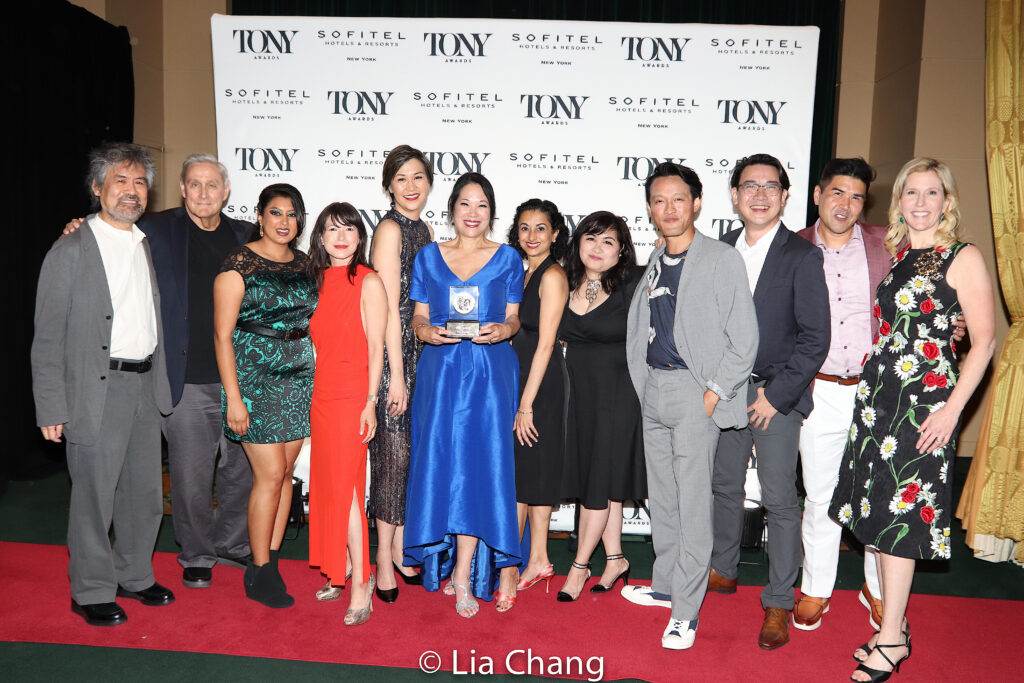
The AAPAC Steering Committee receiving 2022 Tony Honors alongside representatives from The American Theatre Wing.
Photo: Lia Chang
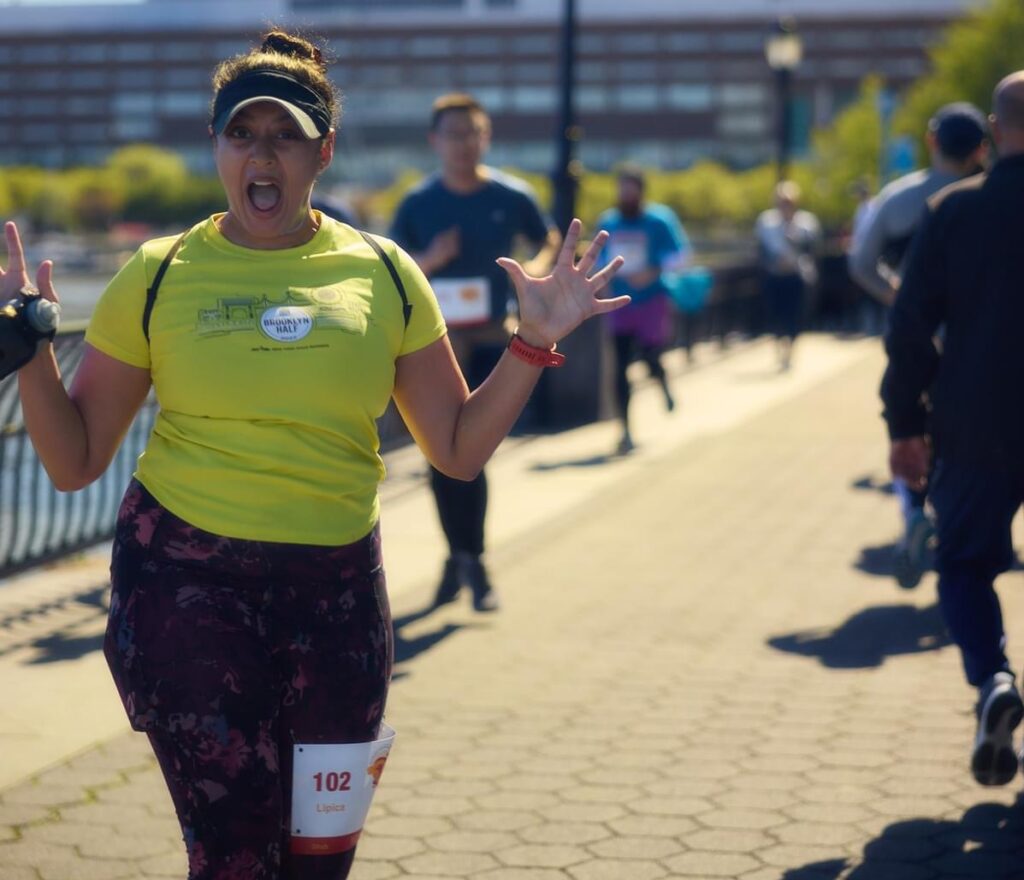
Running the inaugural AAPI 5k in 2023, for which AAPAC was a charity partner, and I spearheaded recruiting Team AAPAC and fundraising.



